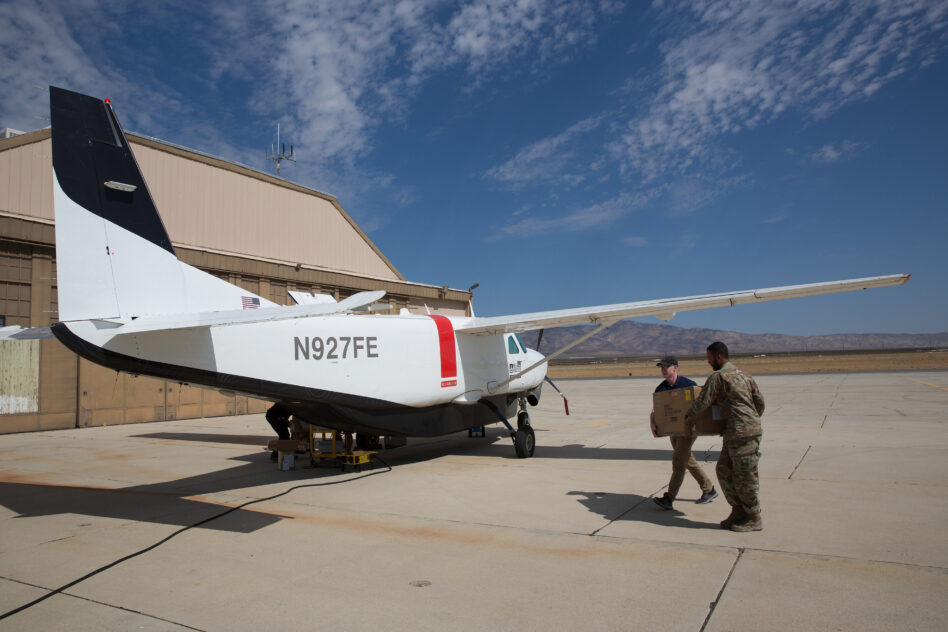Forget drones, aviation autonomy might just be the hottest sector in defense tech these days. (We kid—kind of.)
On Tuesday, automation company Reliable Robotics won a $17.4M AFWERX contract to turn the Cessna 208B Caravan into a remotely piloted cargo hauler for the Air Force. For a startup founded by a pair of SpaceX alums in 2017, it’s more validation that defense-flavored aviation autonomy is moving beyond experiments and into the real world.
Reliable Robotics, which has raised a total of $133.5M across three rounds, has built an uncrewed flight system that enables “continuous autopilot engagement,” meaning autopilot is on through taxi, takeoff and landing, then the aircraft is controlled by a remote pilot from a ground control center during flight.
Frequent flyer: Reliable’s new AFWERX win isn’t its first rodeo with the government. In the past few years, the company has:
- 2022: Landed a Phase II SBIR under AFWERX’s “Autonomy Prime” program to put its autonomy kit through real-world flight trials.
- 2024: Picked up a $3.6M TACFI—basically bridge funding—to keep those trials rolling. That same year, it scored a multi-year Indefinite Delivery, Indefinite Quantity (IDIQ) contract to extend its tech to Air Force airlift and tanker fleets.
- NASA: Teamed up on detect-and-avoid and comms-resilience research, a partnership that’s grown into a full Space Act Agreement this year.
- CRADA: Signed a collaborative R&D agreement with the Air Force last month to sync efforts on autonomy development.
Flight path: Reliable’s SVP of Government Solutions, Maj. Gen. Dr. David O’Brien (ret.), told Tectonic that their latest $17.4M contract with the Air Force will have five sequential stages: “Aircraft acquisition, autonomy integration, initial testing, some level of field operation, and then potentially deployment and ongoing operations in another location.”
“The future beyond that will probably be dictated by the performance that we have during the contract,” he added, noting that the Indo-Pacific is the likely first deployment theater for operational use.
Reliable says a fully uncrewed Cessna Caravan would let the Air Force run cargo ops round the clock, which would be pretty handy given the amount of stuff the Air Force needs to move around.
Crowded airspace: Between Merlin, Xwing, CCA, and the startups in Northrop’s Beacon testing ecosystem, the aviation autonomy space is getting busy. Unlike many others in the sector, Reliable is steering clear of AI-based autonomy, and its laser focus on FAA certification is a big reason why.
“We’ve done so not because we don’t want to, but because we recognize that the likelihood of getting [AI] certified by the FAA anytime soon is not great,” O’Brien told Tectonic. “There’s a tremendous advantage operationally, economically, and from a persistency-of-use standpoint to have FAA certification at the heart of your design, which would be integrated into whatever platform you wish to integrate it into.”
“We believe that the best application for autonomy is the soonest application for autonomy,” he added. As for the competition, he said it “is good for the country, good for us as a nation, good for commerce, and actually benefits everyone. We think that the Air Force is doing the right thing by looking at all these different applications for autonomy.”
It’s always heartwarming to see a bit of friendly competition in defense tech, but Reliable Robotics is betting that its FAA certification-first approach will help it come out ahead of the pack.

